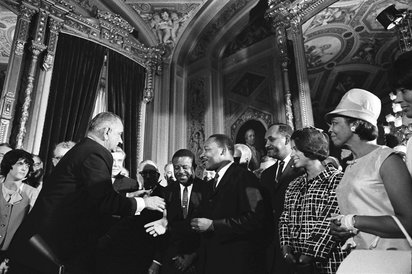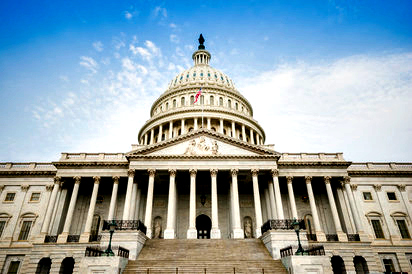
Essay
Share and Share Alike?
Considering Racial Discrimination in the Nascent Room-Sharing Economy
by Michael Todisco
Introduction The motel’s neon vacancy sign lures the weary traveler from the freeway. She enters and inquires after a room. The receptionist, without looking up from his crossword, slides a clipboard across the front desk. An application? When did motels become prep schools? The traveler scribbles in the requested information. Name: Monique Jackson. Reason you…



















